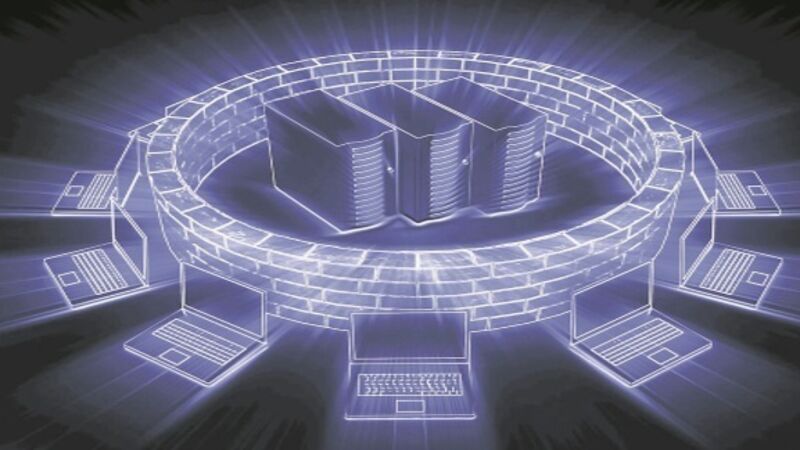Putting up a cyberwall is not enough anymore

The EU Court of Justice issued a landmark ruling last month, declaring the US Safe Harbour provision set up by the European Commission 15 years ago — which oversees the transfer of personal data between EU member states and the US — invalid due to surveillance of European citizens by American intelligence agencies.
The decision has resulted in a great deal of uncertainty regarding the transfer of data between the two. One implication of the decision is clear: It points up a fundamental shift in perspective regarding cybersecurity strategy.













